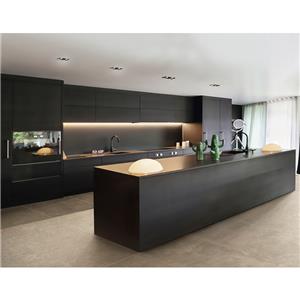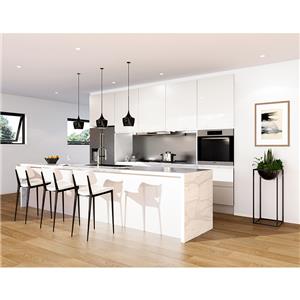Soapstone Kitchen Cabinet Countertop: Pros and Cons
Soapstone is a natural stone that has been used for centuries as a countertop material in kitchens. It is a dense and durable material that is resistant to stains, scratches, and heat. Soapstone has a unique look and feel that is ideal for homeowners who want to create a natural, rustic, or vintage-style kitchen.
| Pros of soapstone countertop |
Cons of soapstone countertop |
|---|---|
| Natural look | Expensive |
|
Eco-friendly |
Requires regular oiling |
| Durability |
Limited color options |
| Low maintenance | Susceptible to scratches |
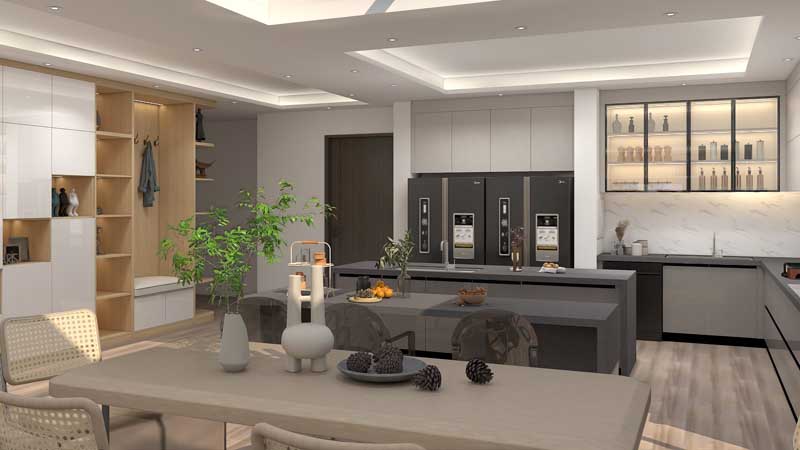
Pros of Soapstone Countertops:
-
Durability: Soapstone is a dense and durable material that can withstand heavy use without showing signs of wear and tear. It is resistant to scratches, stains, and heat, which makes it an ideal choice for busy kitchens.
-
Natural look: Soapstone has a unique, natural look that cannot be replicated by any other material. It is subtle veining and smooth texture add character and warmth to any kitchen.
-
Low maintenance: Soapstone requires very little maintenance. It does not need to be sealed or treated regularly like granite or marble. It can be cleaned with mild soap and water, and it will retain its natural beauty for many years.
-
Eco-friendly: Soapstone is a natural stone that is quarried from the earth. It is an eco-friendly choice for homeowners who want to reduce their carbon footprint and use sustainable materials.
Cons of Soapstone Countertops:
-
Susceptible to scratches: Although soapstone is resistant to scratches, it is not completely scratch-proof. Heavy use or contact with sharp objects can cause scratches on the surface of the countertop.
-
Limited color options: Soapstone is available in a limited range of colors and patterns. It is mainly available in shades of gray, black, and green, which may not be suitable for all kitchen designs.
-
Requires regular oiling: Soapstone countertops require regular oiling to maintain their natural sheen. If not oiled regularly, the countertop can become dull and lose its luster.
-
Expensive: Soapstone is a premium material that is more expensive than other countertop materials like laminate or tile. It may not be the best choice for homeowners on a tight budget.
In conclusion, soapstone is a durable and unique countertop material that is perfect for homeowners who want a natural and rustic look in their kitchen. While it has some drawbacks, like susceptibility to scratches and limited color options, the pros of soapstone countertops outweigh the cons. If you are looking for a low-maintenance and eco-friendly countertop material that can stand up to heavy use, soapstone is a great choice.
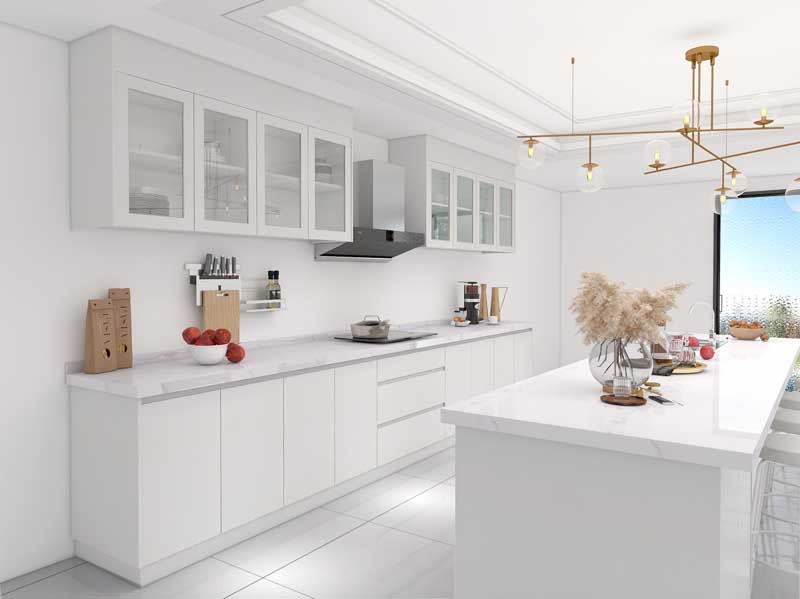
Cost: How much are soapstone countertops?
The cost of soapstone countertops can vary widely, depending on the size and thickness of the countertop, as well as the type of soapstone used. Generally, soapstone countertops can range anywhere from $40-$120 per square foot. However, if you plan to order a custom countertop, your costs may be considerably higher.
For homeowners looking to save money, one option to consider is to buy a prefabricated countertop. These countertops come in standard sizes and are usually much less expensive than custom countertops. Additionally, you may be able to find soapstone remnants or leftovers from a countertop installation job, which can also help to reduce the cost.
If you’re looking for a more economical option, you may want to consider laminate countertops. Laminate countertops are less durable than soapstone, but they are much less expensive. Laminate countertops can cost as little as $15-$25 per square foot.
Overall, soapstone countertops can be a great addition to any home. However, it’s important to consider the cost before making a purchase. While the cost of soapstone countertops can vary widely, it’s important to shop around and compare prices to find the most cost-effective option for your budget.
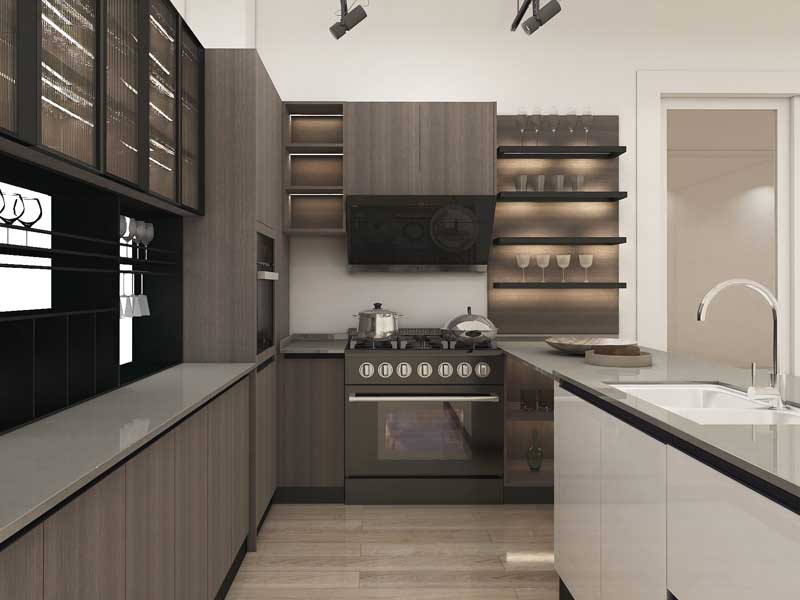
Soapstone Countertop Colors
If you are looking for a unique and stylish way to upgrade your kitchen or bathroom, then you should consider adding a soapstone countertop. Soapstone is a metamorphic rock that is composed of talc, dolomite, and various other minerals.
Soapstone countertops come in a range of grays, from charcoal to light gray. Some even have a greenish tint, while others are tinged with blue. These subtle variations make it easy to customize the look of your countertop to match the decor of your kitchen or bathroom. No matter what color you choose, you can be sure that soapstone will add a classic, timeless elegance to your space.
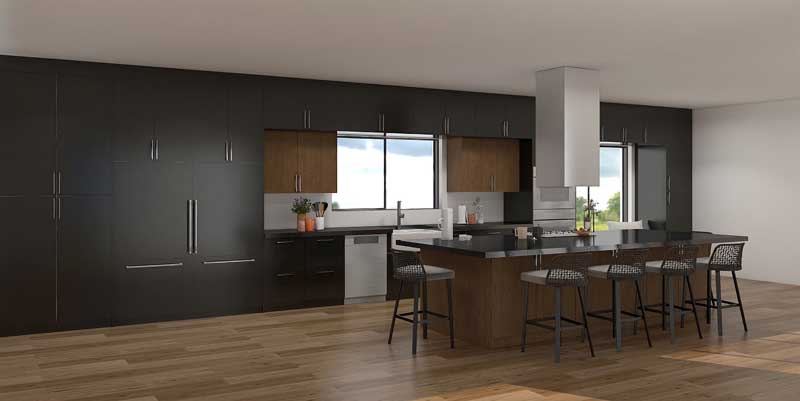
If you are looking for a bolder statement, you should consider soapstone countertops in a dark, dramatic color. Black soapstone is a popular choice for those who want to make a bold statement, as the dark color is a striking contrast to lighter-colored cabinets. For a more subtle effect, you can opt for a darker shade of gray, such as charcoal or slate.
If you prefer a lighter look, you can choose a lighter shade of gray or even a soft white soapstone. White soapstone is a great choice for those who want a neutral look that won’t overwhelm the other colors in the room. You can also opt for a tan or beige color if you’re looking for a warm, inviting look.
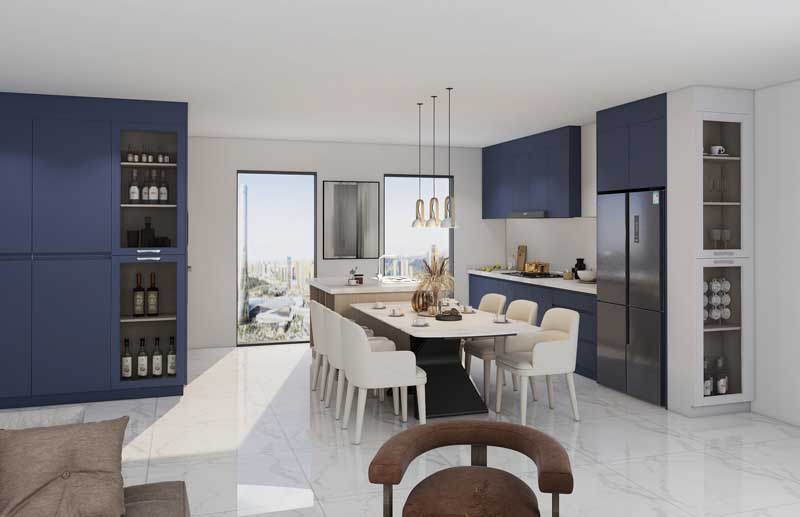
No matter what color you choose, soapstone countertops are sure to make a statement in your home. They are durable, low maintenance, and come in a variety of colors, so you can be sure to find one that will fit perfectly in your space.
Soapstone Countertop FAQs
Are soapstone counters high maintenance?
No, soapstone counters are not high maintenance. They are very durable and require minimal maintenance. Soapstone counters typically only require occasional oiling to keep them looking their best.
Does soapstone crack easily?
Soapstone is a very dense material, so it is not prone to cracking. However, it can be scratched or chipped easily if not handled carefully.
What happens if you don't oil soapstone?
If you do not oil soapstone, it will start to look dry and dull over time. The stone will also become more susceptible to staining and damage. If you don't oil the stone regularly, it will start to crack and chip more easily.
Related articles
Kitchen Cabinet Materials: Total Guide
Pros and Cons of Butcher Block Kitchen Countertops
Granite Kitchen Cabinet Countertop: Pros and Cons
Quartz Kitchen Cabinet Countertop: Pros and Cons
Marble kitchen cabinet countertop: pros and cons
Concrete Kitchen Cabinet Countertop: Cros and Cons



